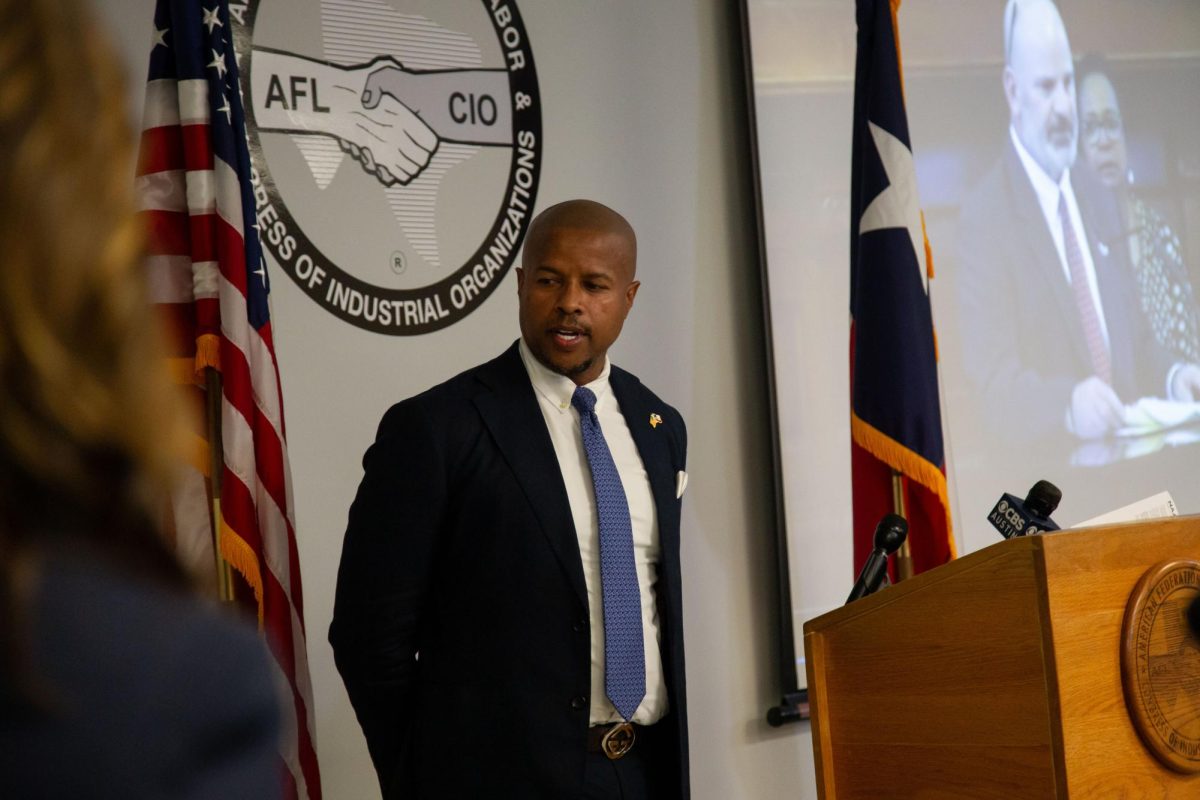The importance of human space exploration is what makes America a great nation, said a distinguished senior lecturer in the department of geological sciences Thursday.
As part of the Environmental Science Institute’s Hot Science-Cool Talks series, Mark Helper discussed astronaut space training, using robots and studying outer space rocks.
Helper has worked with astronauts for six years by applying his geological science expertise to space exploration. He helped NASA astronauts learn to pick out important rocks to study by creating a simulation at the Haughton Crater in Canada.
“I was told that if I was going to do it, I would have to simulate it as closely to a real mission as possible,” Helper said about his work in Canada.
Robots are also a big component of space exploration that have advanced since the Apollo missions 40 years ago, Helper said. He said that they are a follow-up to human exploration of space and that the relationship between human improvement of error and robots’ capability to handle dangerous tasks are very complimentary.
“I just want people to know that there is an active human space flight program and that we are training astronauts to go to asteroids and Mars,” Helper said. “I want people to know what has improved since Apollo.”
Environmental Science Institute director Jay Banner said the space program, like environmental science, is a very complex field that requires collaboration between disciplines. He said Helper was one piece of the puzzle in making space exploration more productive.
“It all makes me think back to when I was twelve,” Banner said. “Neil Armstrong came back, and a lot of activity followed. They brought back all these rocks, and all the research and facts about the moon that were discovered are what geologists are all about.”
Graduate research assistant Sarah Christian presented her research group’s studies of the climates and ice-covered regions of Mars through satellite cameras and radar data during a science festival that preceded the lecture.
“Right now, I work for NASA, and here I am studying planetary geology,” Christian said. “A lot of kids want to be astronauts when they grow up, and we just want to make sure they know this is a career option.”
Benjamin Scrader, a seventh grade home-schooled student, said he loves science and has enjoyed the past events in the series. He plans to blog about everything he learns from them, he said.
“Science helps enhance people’s knowledge,” Scrader said.
“These events are awesome because they apply all walks of science to real life.”



















